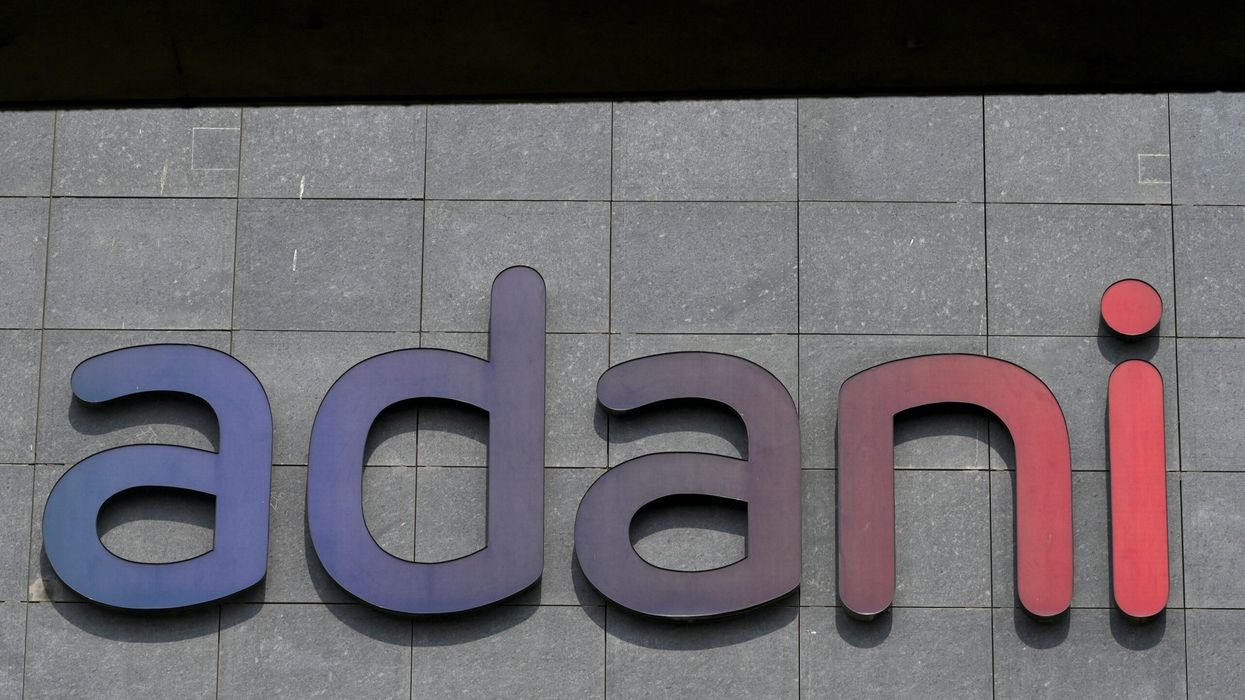ADANI Power reaffirmed on Thursday its commitment to supplying electricity to Bangladesh. The company stated that a recent amendment to power export rules does not impact its existing contract.
The amendment by the government facilitates connectivity to the Indian grid but does not require India to purchase electricity, Adani Power said in a statement.
"Adani Power is committed to fulfilling contractual obligations as per Bangladesh Power Development Board's demand schedule and provisions of the power purchase agreement and would look forward to continuing reciprocal fulfilment," Adani Power stated.
The 1,600 megawatt (MW) Godda plant in Jharkhand state is the only Adani Power facility in India contracted to export 100 per cent of its power to a neighbouring country.
The amendment, which pertains to generators supplying electricity "exclusively to a neighbouring country," allows Adani to supply electricity to the domestic market as well, mitigating political risks in Bangladesh.
The change occurred nearly a week after prime minister Sheikh Hasina left Bangladesh amid violent protests over government job quotas and could benefit future power projects with all output committed to export contracts.
(With inputs from Reuters)




